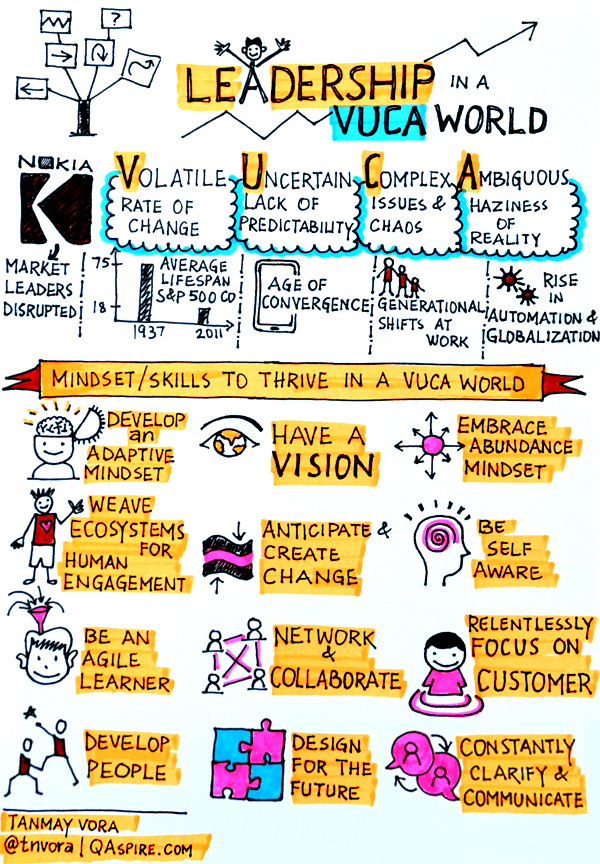infomania
http://www.oxforddictionaries.com/us/definition/american_english/infomania
Make Information Overload Disappear
http://project.wnyc.org/infomagical/
Get A Grip On Your Information Overload With ‘Infomagical’
Twitter: #infomagical
Digital Literacy for St. Cloud State University
http://www.oxforddictionaries.com/us/definition/american_english/infomania
http://project.wnyc.org/infomagical/
Twitter: #infomagical
The social media team behind Glass made one final posting on Google+ — pointing to a place where problems can be reported — and shut down the Twitter account.
The Google Glass name is being phased out and replaced by Glass: Enterprise Edition. Google has recently been letting more partners try Glass, according to the report, as it aims to drum up interest in its product.
Follow the history of GG through our IMS blog entries:
https://blog.stcloudstate.edu/ims/?s=google+glass&submit=Search
http://www.freetech4teachers.com/2015/09/how-to-quickly-create-mp3-recording.html
SpeakPipe’s Voice Recorder to create short MP3 files
Our expert panelists weigh in on education technology to give us their verdict on which approaches to tech-enabled learning will have a major impact, which ones are stagnating and which ones might be better forgotten entirely.
By Greg Thompson 01/12/16
https://thejournal.com/articles/2016/01/12/whats-hot-whats-not-in-2016.aspx
What are the hot devices?
Cameras like the Canon VIXIA, the Sony HDR-MV1 or the Zoom Q4 or Q8 range from $200 to $400. The secret of these small devices is a tradeoff between video flexibility and audio power. With digital-only zoom, these cameras still deliver full HD video (or better) but with limited distance capabilities. In return, the audio quality is unsurpassed by anything short of a professional boom or wireless microphone setup; most of these cameras feature high-end condenser microphone capsules that will make music or interview recordings shine.
The Chromebook is hot. Seventy-two percent of Chromebook sales were education-related purchases in 2014.
The smartphone is hot. Every day, the smartphone becomes less of a “phone” and more of a device for connecting with others via social media, researching information on the Internet, learning with apps and games and recording experiences with photos and videos.
February 8, 2016
12:30 PM – 3:00 PM
Wells Fargo Place, St. Paul, MN – Conference Room 3309
Or via WebEx: https://mnscu.webex.com/mnscu/j.php?MTID=mee30758fc5694b4e192e4f0b8d6780d5
Meeting number: 637 779 556
Meeting password: mnscu_rfp
| 12:30 PM – 12:40 PM | Introductions and overview of MnSCU Content Authoring Tool pilot project
|
| 12:40 PM – 1:20 PM | Overview of SoftChalk’s product and functionality; highlighting product’s distinctive competencies, general functions such as authoring, publishing, integration with D2L Brightspace or other LMSs
|
| 1:20 PM – 1:40 PM | Addressing of RFP Review Committee Follow-Up Questions (see list below)
|
| 1:40 PM – 2:00 PM | General Q&A |
| 2:00 PM – 2:20 PM | Demonstration of use by persons with disabilities (how the product works for authors and users with disabilities)
|
| 2:20 PM – 2:40 PM | Exploration of hosting options and security questions follow-up
|
| 2:40 – 3:00 PM | Contracting and cost proposal discussion
|
| 3:00 PM | Adjourn
|
This article pleads for a consideration what now is a full-blown reform in Finland (replacing subjects with topics) and seriously considered in the UK, as reported in this IMS blog: https://blog.stcloudstate.edu/ims/2015/03/24/education-reform-finland/
there’s a long-standing and still fairly widely held belief that the teaching needed for a particular kind of content is unique. Unless you know the content, you can’t know how to teach it.
What and how we teach are linked, but there are other connections besides those between method and material, and those connections aren’t all unique to the discipline. All (well, almost all) teachers want students engaged, and student engagement in physics and philosophy doesn’t look all that different. All teachers are concerned with classroom management issues. If students are dealing more with their phones than the material, the content is irrelevant. All teachers have a responsibility to prevent cheating. All teachers aspire to use fair and equitable grading practices. Course design principles transcend disciplines. The features of a good multiple-choice question are not discipline specific. And then there are those student characteristics that challenge teachers in every field: passivity, lack of motivation, low self-esteem, less than adequate study skills, and excessive grade-orientation start the list.
http://qaspire.com/2016/01/06/leadership-skills-for-the-future
1. Develop an Adaptive Mindset
2. Have a Vision
3. Embrace Abundance Mindset
4. Weave Ecosystems for Human Engagement
5. Anticipate and Create Change
6. Self-Awareness
7. Be an Agile Learner
8. Network and Collaborate
9. Relentlessly Focus on Customer
10. Develop People
11. Design for the Future
12. Constantly Clarify and Communicate

http://er.educause.edu/articles/2007/1/how-students-develop-online-learning-skills
1. Develop a time-management strategy.
2. Make the most of online discussions.
3. Use it or lose it.
4. Make questions useful to your learning
5. Stay motivated
http://www.freetech4teachers.com/2016/01/two-ways-to-record-skype-calls-on-mac.html
Record video of a Skype call:
I use a rather simple method to capture video of a Skype call. I simply open Screencast-O-Matic on my Mac then frame the Skype the window. When I’m ready to start recording I simply press record on Screencast-O-Matic and capture the video. One flaw in this method is that I cannot use a headset during the call because it won’t capture audio from both parties. So make sure you’re in a quiet place and just rely on your Mac’s internal mic and speakers.
Record audio of a Skype call:
On a Mac you can record audio of a Skype call by using QuickTime. The screenshots below provide directions for recording a Skype audio call by using QuickTime. After recording your call you can take the audio file and use it Garage Band or another audio editing tool like Audacity to edit the audio.